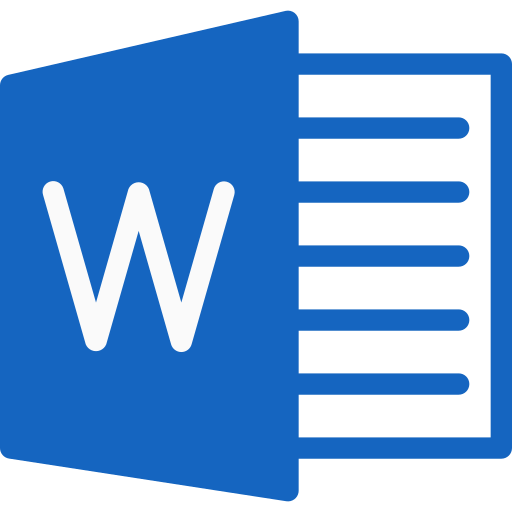Download and edit an emergency nurse resume sample from the expert’s view. The resume was designed in a way to impress the interviewer in the healthcare industry.

The following are a few essential points for creating and building a resume.
Emergency nurses are very important because they help save people’s lives when they need immediate care. As more people need emergency care, it’s important for emergency nursing workers to have a resume that shows their skills, experiences, and commitment to providing great care.
How to Create a Strong Header
The header of your resume is the first thing a company will see about you if you want to work as an emergency nurse. Include your full name, contact details, and a professional email address. Adding a link to your professional online profile, such as LinkedIn, can help your application further.
Writing an interesting Summary Statement
A summary statement is a brief overview of your resume. Use this piece to show how much you care about emergency nursing and list the skills and qualities that will make you a valuable asset in the fast-paced environment of the emergency room.
Emphasizing your Skills and Qualifications
List the most important skills for emergency nursing, such as how to quickly assess, treat, treat injuries, and manage a crisis. Include emergency care-specific licenses and training, such as Advanced Cardiac Life Support (ACLS) and Pediatric Advanced Life Support (PALS).
Professional Experience
Describe your past experience as an emergency nurse, focusing on jobs directly linked to providing emergency care. Describe your accomplishments and accomplishments in a way that shows you can handle tough situations well.
Quick Assessment and Treatment
Demonstrate your skill at making immediate decisions about people’s situations and caring for them accordingly. To ensure that patients receive care quickly, demonstrate how you properly screen patients.
Procedures and Measures for Emergency situations
Provide details about your experience with emergency medical procedures and treatments such as CPR, wound care, and stabilizing very ill patients.
How to Handle Health Emergencies
Talk about your experience with a variety of medical conditions, such as heart failure, breathing problems, and trauma. Focus on quick choices and your ability to save lives in dangerous situations.
Expertise in Medical Equipment and Technology
Show that you know how to use emergency medical equipment such as defibrillators, heart monitors and other life-saving equipment.
Patient Advocacy and Communication
Describe how the emergency nurse acts as the patient’s champion by ensuring that the patient and his or her family are well informed and involved in making decisions during an emergency. Focus on how well you can communicate and comfort patients and their loved ones during a crisis.
Customizing the resume for each application
Every time you apply for a job as an emergency nurse, make sure to adapt your resume to match the needs of health care centers and emergency departments.
Frequently Asked Questions:
Q: What does a nurse do in the ER?
A: Emergency nurses help people in dangerous or life-threatening situations, such as accidents or medical problems.
Q: What are the most important skills an emergency nurse should have?
A: Emergency nurses must be able to quickly assess, triage, manage emergency situations, treat injuries and know how to perform other emergency medical treatments.
Q: How important is it for a nurse to have worked in emergency situations before?
A: Emergency nursing experience shows that a nurse can handle critical incidents and provide care that is quick and efficient.
Q: What qualifications do emergency nurses need?
A: For emergency nurses, certifications such as Advanced Cardiac Life Support (ACLS) and Pediatric Advanced Life Support (PALS) are very helpful.
Q: Do I need to change my resume for every job application I make as an emergency nurse?
A: Yes, if you change your resume for each job application, you can show the skills and experiences most relevant to the job and increase your chances of being noticed by your employers.
